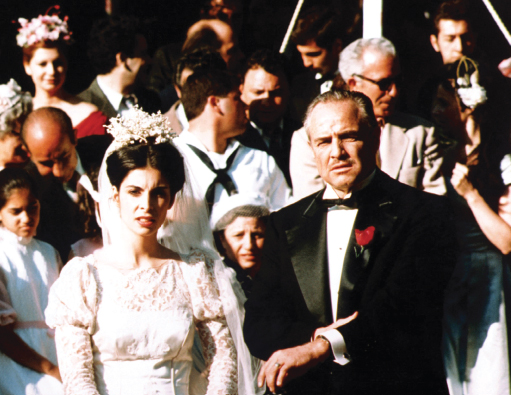Unethical Leadership
In many organizational contexts, bullying behaviors can escalate to illegal harassment, communication that hurts and offends, creating a hostile environment. Victims of bullying may find our tips in Chapter 11 (p. 329) helpful for dealing with such unethical behavior in a group, in an organization, or even in an interpersonal relationship.
Competent leadership requires more than the ability to adapt your leadership styles to your group or exhibit the effective qualities of vision, charisma, and initiative. Competent leaders also hold both themselves and the group accountable for achieving their results, and they treat all group members in an ethical manner.
However, some leaders use unethical tactics to try to acquire and keep control over an entire group or individual members within a group. As you’ll recall from Chapter 8, some people use verbal aggressiveness to try to get what they want or to “bully” others in online environments. Unfortunately, unethical leaders may also make use of such bullying tactics, which include harsh criticism, name-calling, gossip, slander, personal attacks, or threats to safety or job security (Smith, 2005). Bullying can also include offensive gestures, ignoring, withering looks, or even just a sarcastic tone of voice. In group situations, a leader might withhold needed information from group members, exclude them from meetings, or insist on unrealistic deadlines or expectations. Unfortunately, such unethical tactics can prove effective for some leaders. Take chef Gordon Ramsay on the reality TV series Hell’s Kitchen. Aspiring chefs are split into two teams that are pitted against each other in challenges while also preparing and serving dinner to a roomful of diners. Ramsay is very particular about how he wants the food to taste and look. If something is not up to par, he often screams profanities at the contestant responsible for the mistake, showing no qualms about insulting contestants’ appearance, ethnicity, or professional background. Although his anger and derogatory statements are usually met by a grim “Yes, chef,” and although he may gain the respect of some of the contestants, some do tire of being abused on a regular basis and break down or walk out. And although Ramsay has been very successful with his aggressive, bullying style of leadership, few would consider his outbursts to be ethical.

MACHIAVELLIAN MOBSTER Don Corleone from The Godfather may outwardly seem like a calm family man, but consider the consequences of not taking him up on one of his “offers you can’t refuse.” The Everett Collection
Although Gordon Ramsay’s bullying behavior is aggressive and potentially harmful, it is, at least, transparent. There is little guessing as to what he wants from his staff or why he punishes them. But some unethical leaders might use more sinister means to manipulate their subordinates. Consider, for example, a crime lord who speaks with sweetness and praise but who intimidates by hinting at violent consequences for those who would challenge his control in a particular community. On a smaller scale, a supervisor might manipulate employees by pretending to favor one employee’s position while also making a “backroom” deal with an opposing employee. Such maneuvering reflects an unethical leadership style known as Machiavellianism, named for sixteenth-century philosopher Niccolò Machiavelli, who advised rulers to use deceit, flattery, and other exploitative measures strategically to achieve their desired ends (Becker & O’Hair, 2007; Christie & Geis, 1970). Machiavellian leaders in groups may, like bullies, have some success in exerting power and control but at a cost—they are liked less and have less credibility (Teven, McCroskey, & Richmond, 2006).
It’s also important to be aware that the very talents and qualities mentioned earlier that make leaders effective can also be used for unethical purposes. Some leaders use their charisma or transformative power for self-serving purposes (O’Connor et al., 1995; Yukl, 1999) or in pursuit of a vision that is morally reprehensible. Consider, for example, Adolf Hitler and Osama Bin Laden. Both of these men held visions that were destructive and hateful, and they possessed the personal charisma to motivate others to work toward their vision—resulting in some of the most notorious acts of evil in human history.
